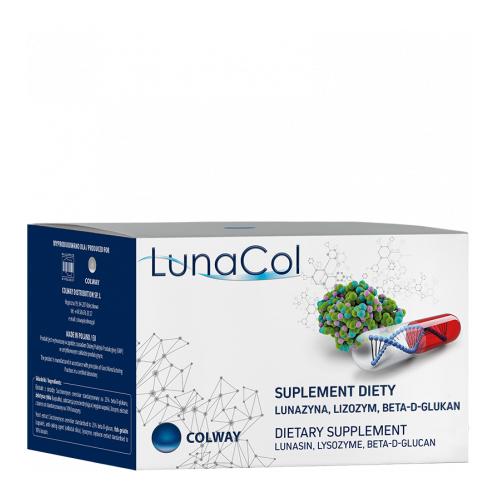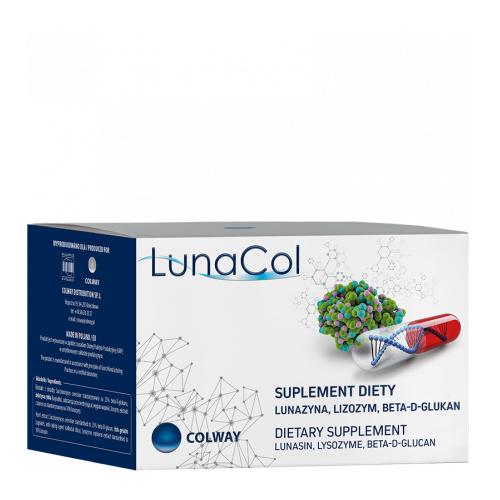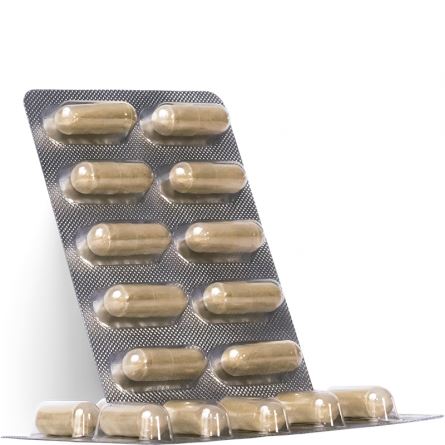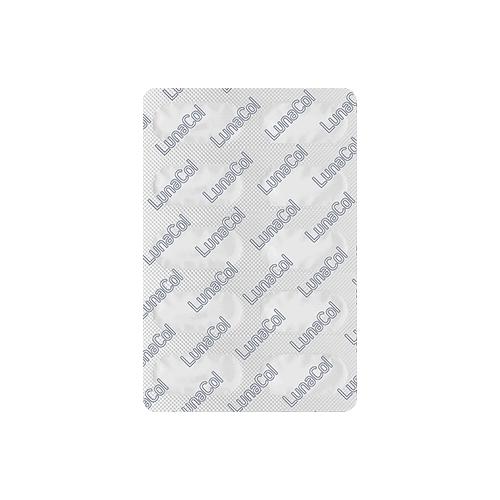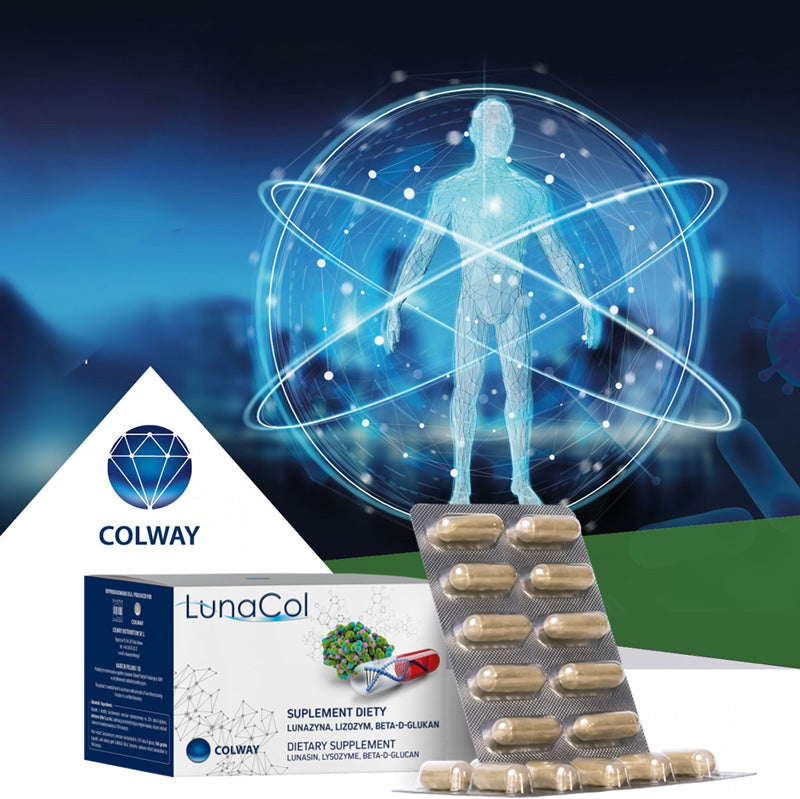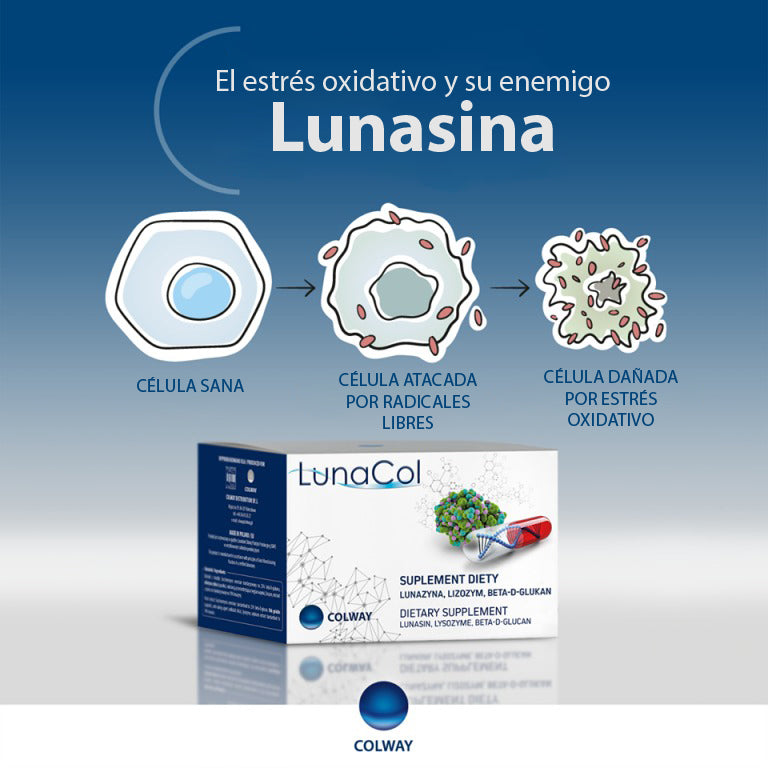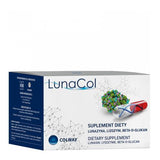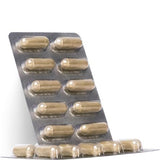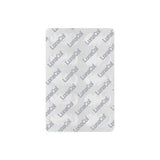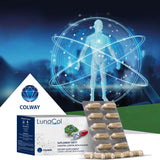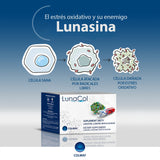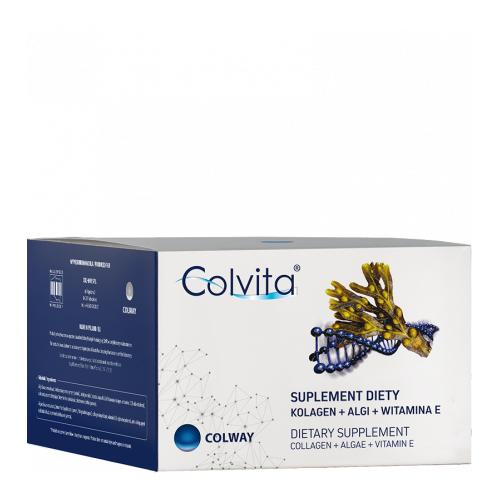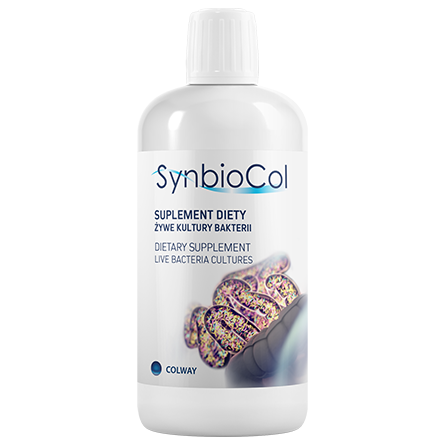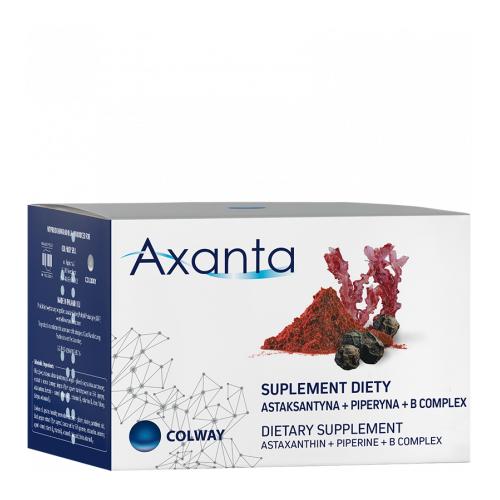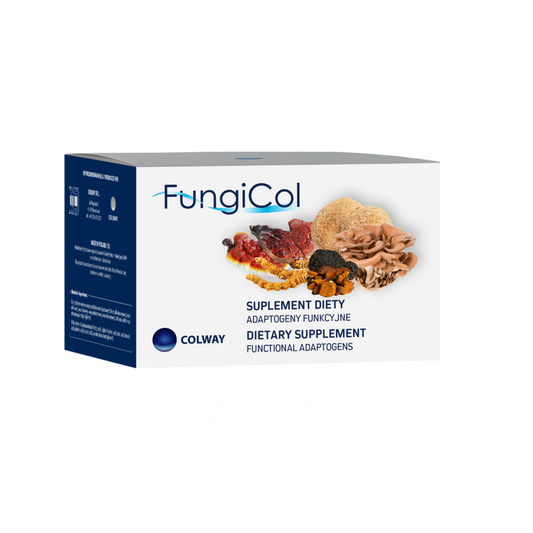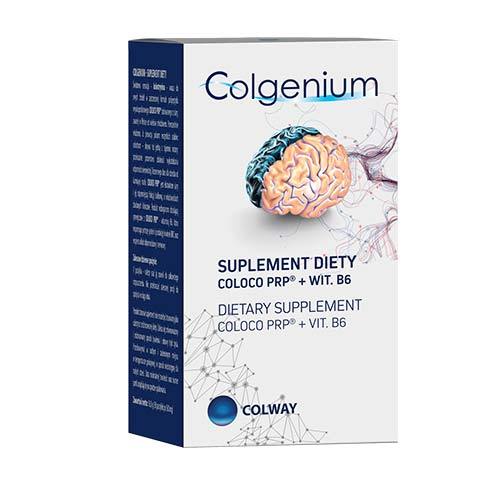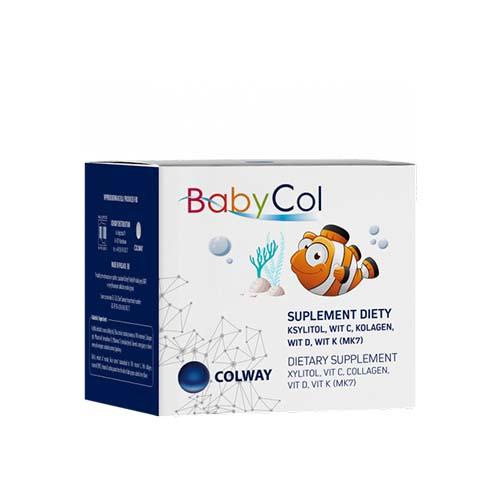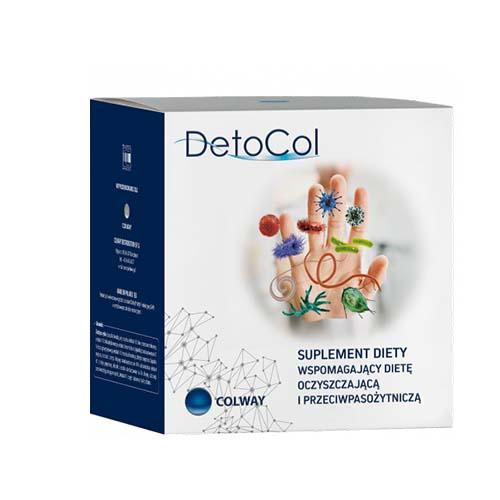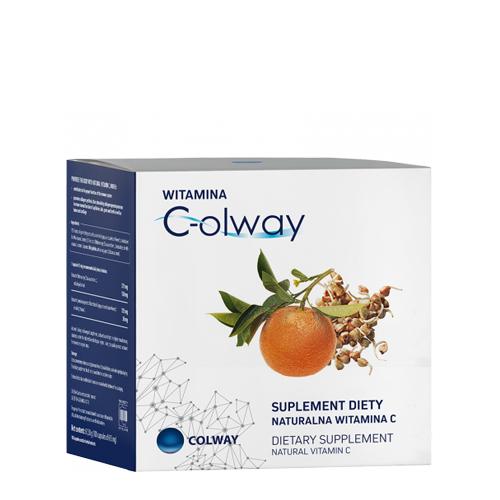Understanding ALS
What is ALS?
Amyotrophic lateral sclerosis (ALS), also known as Lou Gehrig's disease, is a progressive neurodegenerative disease that affects nerve cells in the brain and spinal cord. This debilitating condition causes muscle weakness, impaired physical function, and ultimately leads to death.
Symptoms of ALS
The initial symptoms of ALS can vary widely, but usually include muscle weakness or stiffness. Progressively, all the muscles under voluntary control are affected, leading to a loss of mobility, difficulties in speaking, swallowing and breathing.
Introduction to Lunasin
What is Lunasin?
Lunasin is a natural peptide found predominantly in soy products. It has drawn attention for its potential health benefits, including antioxidant, anti-inflammatory, and anticancer properties. Recently, it has been investigated for its possible effects in ALS.
How Lunasin works
Lunasin exerts its effects at the cellular level. It is believed to regulate gene expression and reduce inflammation, two key factors in many health conditions, including neurodegenerative diseases such as ALS.
Lunasin y ELA
Clinical Studies on Lunasin for ALS
Recent clinical studies have examined the potential benefits of Lunasin for people with ALS. Although the research is ongoing, the first results are promising. Lunasin appears to slow the progression of ALS in some patients and improve quality of life.
The potential benefits of Lunasin in ALS
While not a cure, Lunasin's potential benefits for ALS patients may lie in its ability to slow disease progression, reduce inflammation, and promote overall brain health. This can lead to a better quality of life and better longevity.
How to supplement with Lunasin
Lunasin forms available
Lunasin is available in several forms, including capsules, powders, and fortified foods. It is also found naturally in foods, especially soybeans and certain grains.
Recommended Dosage for ALS
Although there is no established dose for Lunasin in the ALS setting, most studies have used doses ranging from 50 to 100 mg daily. It is always best to consult a health professional before beginning any new supplement regimen.
Conclusion
Lunasin, a natural peptide, shows promising potential in the management of ALS. Its antioxidant and anti-inflammatory properties may help slow the progression of the disease and improve the quality of life for people battling this devastating disease. However, more research is needed to fully understand its benefits and potential applications.
Frequent questions
-
What is ALS?
- ALS is a progressive neurodegenerative disease that affects nerve cells in the brain and spinal cord.
-
What is Lunasin?
- Lunasin is a peptide found predominantly in soy products, known for its antioxidant, anti-inflammatory, and anticancer properties.
-
How might Lunasin benefit those with ALS?
- Lunasin could slow the progression of ALS, reduce inflammation, and improve overall brain health, thereby improving quality of life and longevity.
-
How can I supplement with Lunasin?
- Lunasin is available in capsules, powders, fortified foods, and naturally in certain grains and soy.
-
What is the recommended dose of Lunasin for ALS?
- The dose can vary, but most studies suggest between 50 and 100 mg per day. Always consult a healthcare professional before starting a new supplement regimen.





















































































































